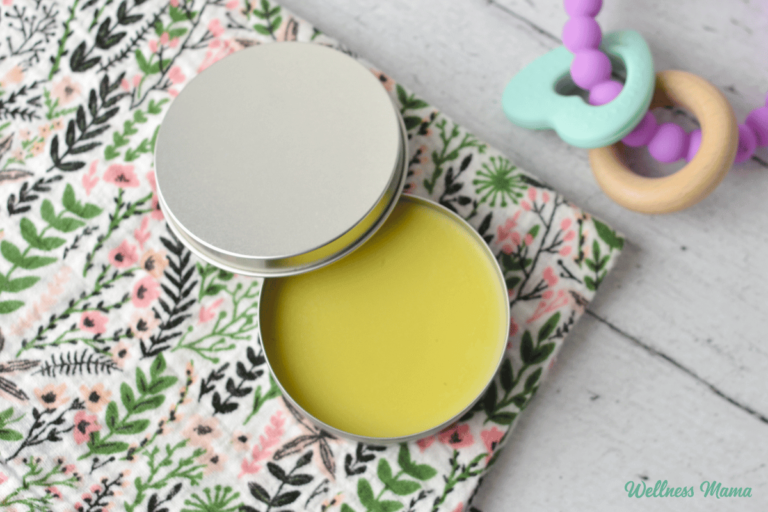
The direct-to-consumer medical testing industry is picking up steam, offering patients a convenient way to find answers to their healthcare concerns.
However, building a company in this space does come with challenges, executives shared during a panel discussion at the MedCity News INVEST Digital Health Conference held in Dallas on Wednesday.
For example, getting funding and FDA clearance isn’t easy, according to Robert Weigle, CEO of NOWDiagnostics. The company develops and manufactures over-the-counter and point-of-care diagnostic tests.
“What your market opportunity is and how fast you can get to profitability always comes up,” he said. “Once you’ve been funded, the issues are really around, how do you devise clinical trials in order to get your FDA clearances, which we all have to get? That can be formidable. We’ve got probably 20 different diagnostic tests in the works right now. The first one is syphilis. We have an early pregnancy test, we have a strep throat test. … Those are all top of mind. Those all cost us about $2 million to run a study because we’ve got to go through at least 1000 patients.”
For Function Health, challenges have changed over time. When the company first began three years ago, it was difficult going up against the traditional healthcare system, said Pranitha Patil, co-founder and COO of the company. For $499 a year, Function Health’s members have access to more than 100 tests for heart health, cancer, metabolic health and other conditions.
“We were pushing up against not only healthcare regulations but also an existing way that the system is used to working,” she said. “We partnered with Quest for our labs. They’re used to working with hospital systems, not a tech startup. We’re working with physician networks. They’re also used to working with patients [and] we have members. They’re slightly different. So that setup took about a year and a half to get right.”
Now, the most difficult thing for Function Health is behavior change and motivating people to take control of their health. The best way to do that is by providing them with data on their health, Patil stated.
Another panelist echoed Patil’s comments about behavior change. Just because a medical test is sent out to a patient doesn’t mean that patient will actually take the test and return it, said David Stein, CEO of Ash Wellness, an at-home diagnostic testing company.
“We spent a ton of time on just patient engagement and the user experience, both digitally and physically, to actually get patients to get through the testing program,” Stein said. “The way our model works is we price upfront for the physical testing kit, and then we partner on the lab side and have our partners only pay for lab testing when it’s actually run. So it’s part of our incentive to actually get those patients through that testing program and through that cycle.”
Salvatore Viscomi, CEO and co-founder of Carna Health, noted that a challenge is “leading with the technology.” The company offers screening and testing for kidney disease.
“We’ve taken the approach of understanding who the champions are,” he said. “In some cases, it may be pharmaceutical companies. Oftentimes it’s who’s responsible for the cost of that disease if it’s not diagnosed early. So it could be the government, it can be an insurance company. Sometimes these chronic diseases or acute diseases are a political problem, so you might find champions there. I think a lot of times, startups in this space will really lead with the technology. It’s great to have great technology, but success usually means making sure someone is willing to pay for it.”






